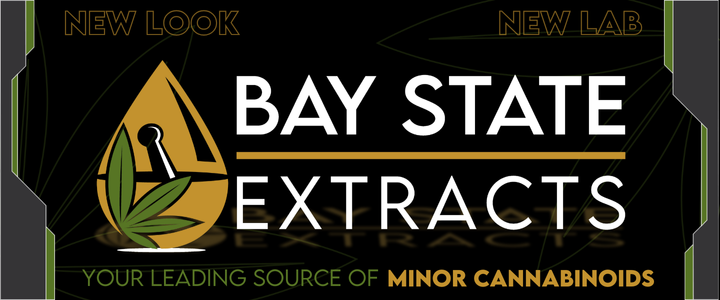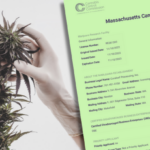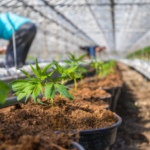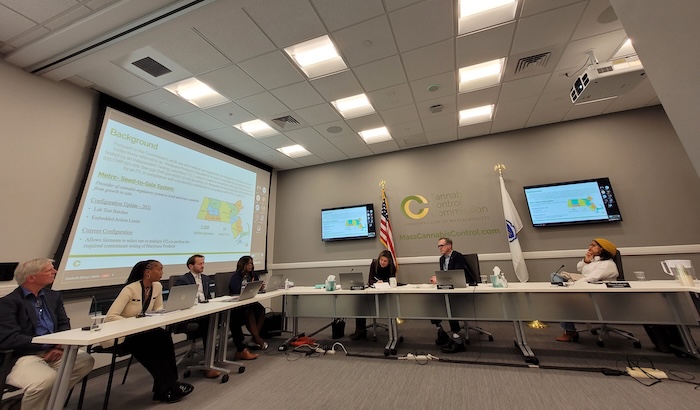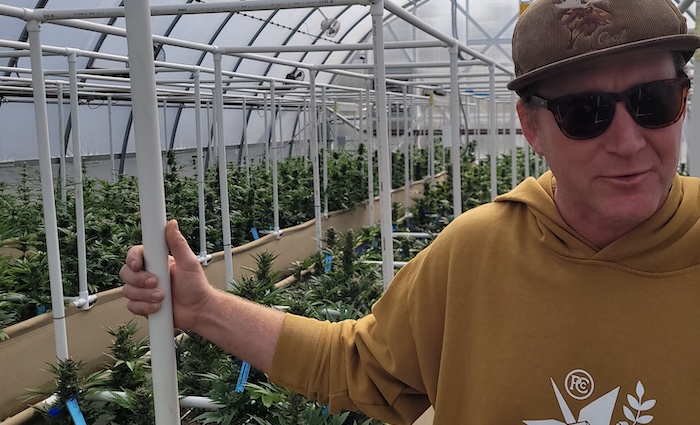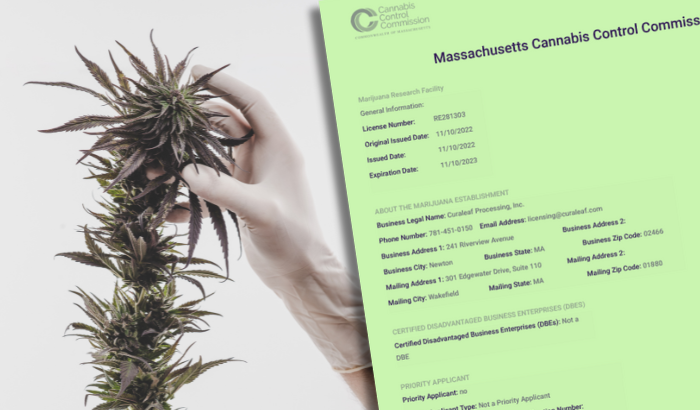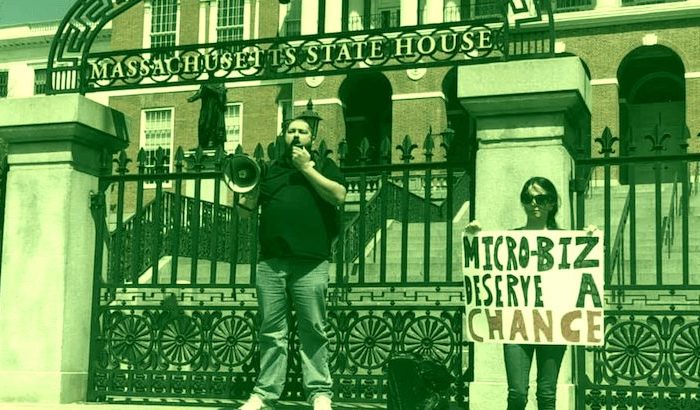
It’s concerning to see bills like this introduced under the banner of public health. Why not a bill that limits the speed of a vehicle?
This afternoon, the Joint Committee on Cannabis Policy will hold a virtual hearing on a bill designed “to further regulate THC potency limits for certain types of marijuana” (along with a number of other concerning bills). It’s alarming prohibitionist nonsense, so we asked Mass cannabis advocate Ed Desousa of the family-owned RiverRun Gardens in Newburyport to break it down for us. The following is a version of his forthcoming testimony, edited for DigBoston …
Prohibition in this country has never worked. Those who push for prohibition often work with ulterior motives and a lack of exploring all outcomes.
Question 4 was voted on and passed by the people of Massachusetts. Since that passage, prohibitionists from all levels have attempted to circumvent its spirit.
When I see bills such as H.154 up for debate, I cringe at the amount of time that is continually wasted listening to people who lack education in cannabis and the outcomes such a bill would create. If one of the goals of a legal market is to create a means in which the state can gain some much-needed revenue and for the cannabis market, which has always existed, to be regulated, this bill is not advantageous.
Massachusetts currently has a large segment of cannabis users who continue to use the original market and even travel to neighboring states. Did banning fireworks stop people from using them or traveling to get them?
The idea that cannabis should be capped according to THC percentage points to miseducation. Unlike alcohol, which is offered in a large variety of proofs, cannabis is grown naturally. While there can be an argument made for manufactured products, the plant itself produces an array of cannabinoids as a result of its cultivated environment.
THC can be measured and tested in many ways. If you test straight from harvest, your result will be low. If you test after a drying or curing period, your result will be higher. True THC is measured using a formula, something that is not accurately reported in today’s market, even though there is a regulation to do so.
The measurement of true THC percentage is done by taking the sum of Delta-9 + THCA and multiplying by a conversion factor. Currently, labs and retail shops report and calculate what is known as TAC (total active cannabinoids), or just THCA. When consumers shop, due to lack of education, they opt for the highest reported number, similar to your bar or liquor store patron who is buying nips or shots.
Seeing bills like this introduced under the banner of public health concern really stirs me. Why has the author not introduced a bill that limits the speed of a vehicle? Massachusetts has a top speed limit of 65 miles per hour, why should a vehicle have the ability to drive faster? Gambling is a major public health concern, yet churches and bars across the state have bingo and football squares. Obesity is a public health concern, why not limit the amount of sugar in food?
This industry already has a number of challenges. One can obtain a license in plutonium easier than operating in the cannabis space. Everyday pharmaceuticals are delivered without manifests, passengers, etc. Their delivery vehicles are left running and unlocked during drop offs. Opioids are left at desks and on doorstops without signatures or proof of identification.
There are a myriad of items more important to focus on, but instead we are once again having to defend a flower that has been in existence since the dawn of time, used across religions of all types, used by even people who have made unjust laws against it, and is still here. I hope this body does its research, learns from its past, and envisions what a failed proposal like H.154 is destined to produce: a failed market and a slew of failed family businesses, all while once again turning good people into criminals.
Committee Members: malegislature.gov/Committees/Detail/J50
Place to submit Testimony: malegislature.gov/MyLegislature/UpcomingTestimonyHearings


